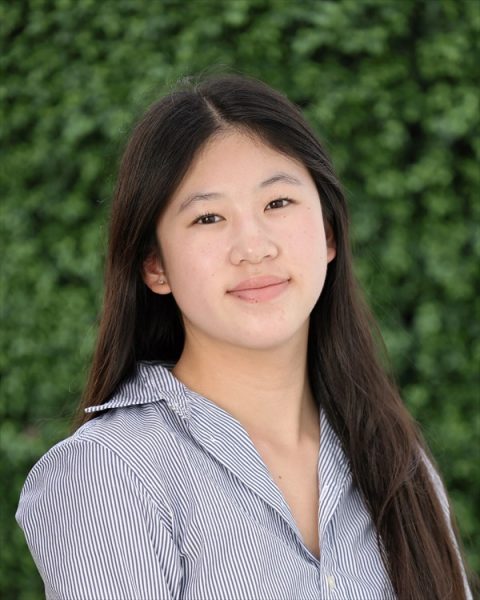Women are entitled to equal pay (period)
November 5, 2015
Women constitute a significant portion of the workforce, yet they often do not receive a proportionate percentage of its earnings, a sad truth that was reaffirmed by actor Jennifer Lawrence’s essay on the gender pay gap.
The letter, which was published this month in “Girls” actors Lena Dunham and Jenni Konner’s “Lenny Letter” newsletter, comes on the heels of an email hack targeting film giant Sony Pictures, which released correspondence that revealed Lawrence made less than her “American Hustle” movie co-star Bradley Cooper.
“I didn’t get mad at Sony,” Lawrence said in her essay about her initial reaction to learning that she had been paid less than her male counterparts. “I got mad at myself. I failed as a negotiator because I gave up early.”
Lawrence describes in the piece that she had accepted the offered salary without much protest because she had not wanted to be perceived as “difficult” or “spoiled,” showing the double standard encouraging men to speak out but pressuring women to stay silent.
Lawrence’s experience is not an outlier in the acting arena. The world’s 18 highest paid female actors earned a combined $281 million in 2015, less than the sum earned by the world’s six highest paid males, who banked a cumulative $299.5 million, according to Forbes estimates.
All women are entitled to receive equal payment for equal work. Not only is this economic equality reasonable, it is the law, as set by the Equal Pay Act of 1963. But despite the act, full-time female workers made 79 cents for every dollar earned by male workers in 2014, according to the Institute for Women’s Policy Research.
The gender wage gap is not a myth or an illusion, as some critics claim. It is an unacceptable and stark reality that women face around the world. Sexism and discrimination are everybody’s issues, and women should not have to fear vilification or backlash by wanting economic equality with men.
Many students have already entered the City’s workforce, both as volunteers and paid employees. As a community of both women and workers, we need to make it clear that gender-based discrimination is something we will not stand for.
Women are entitled to equal economic opportunities, and we should feel empowered to speak up towards this goal, regardless if we are a celebrity or a student.










